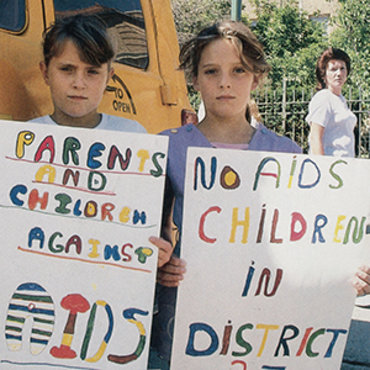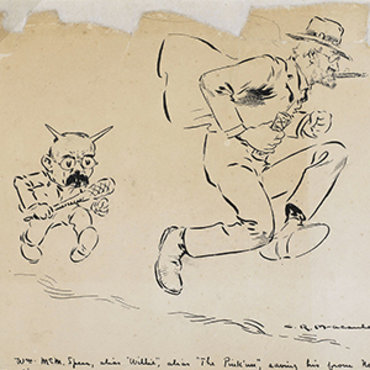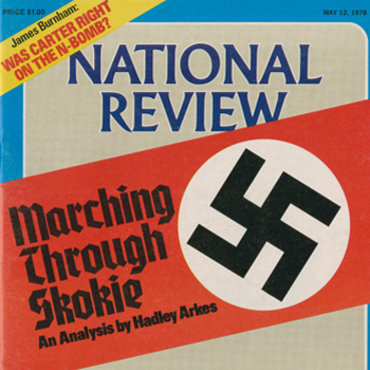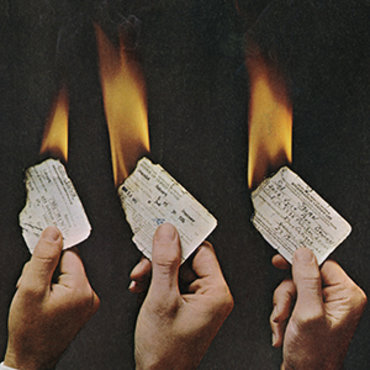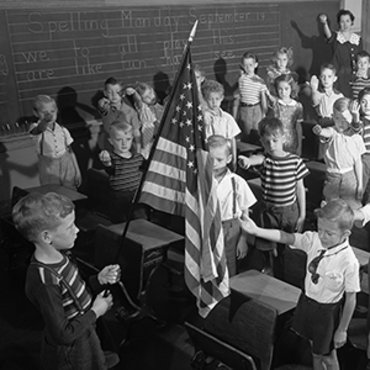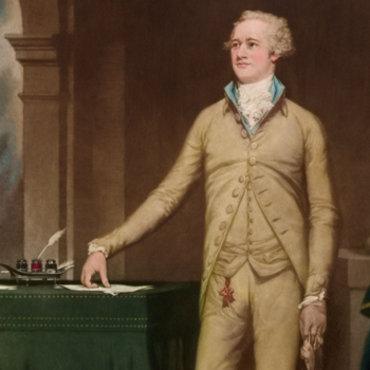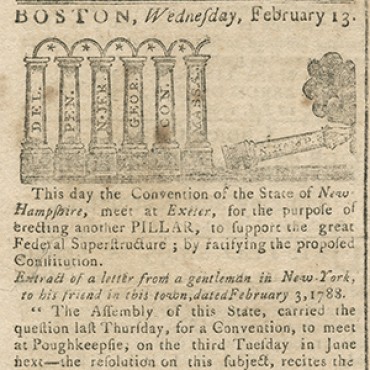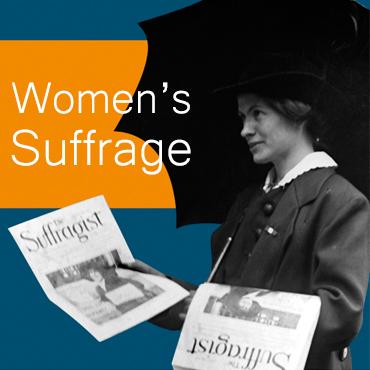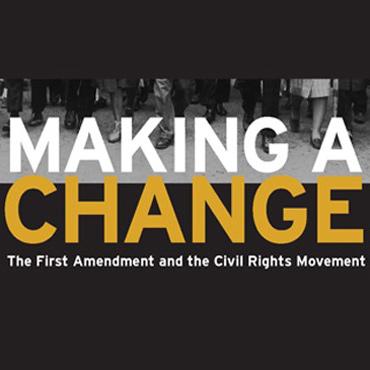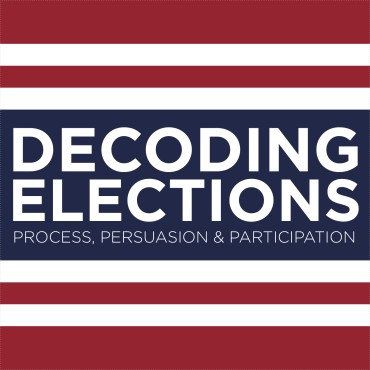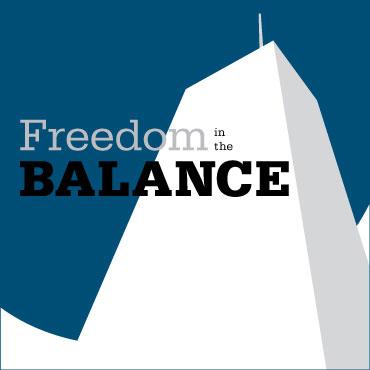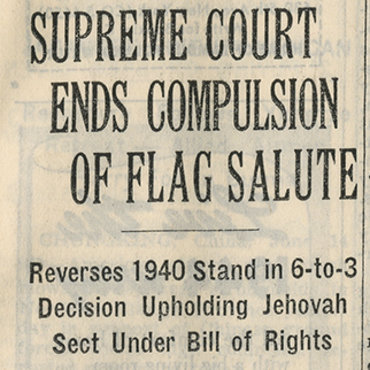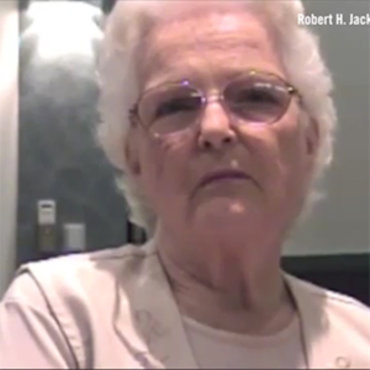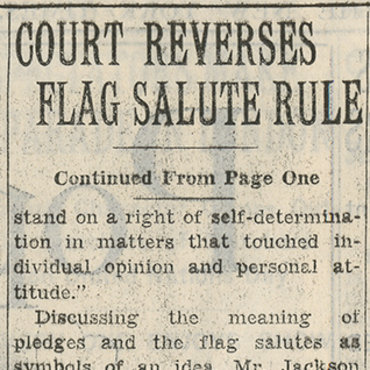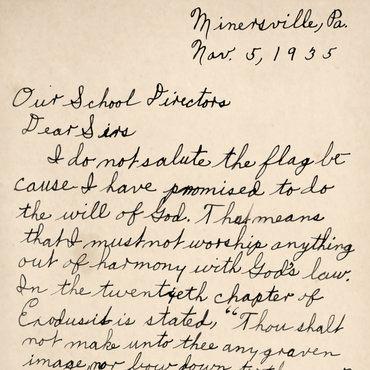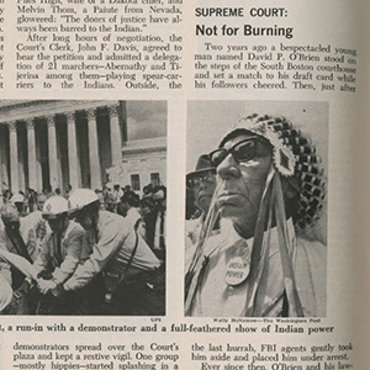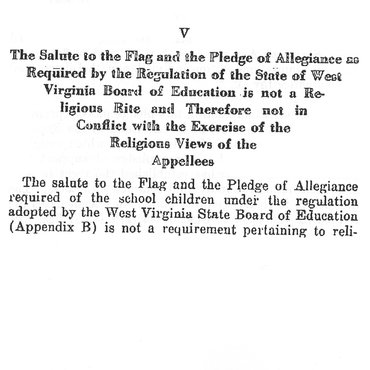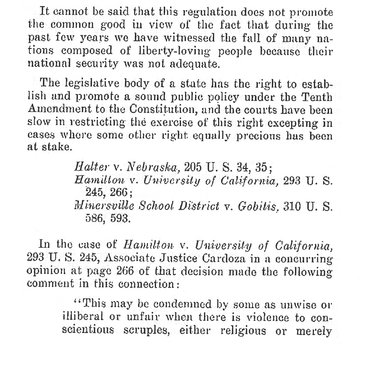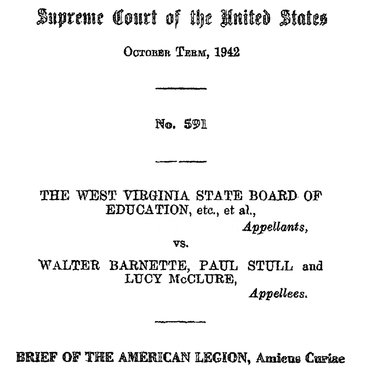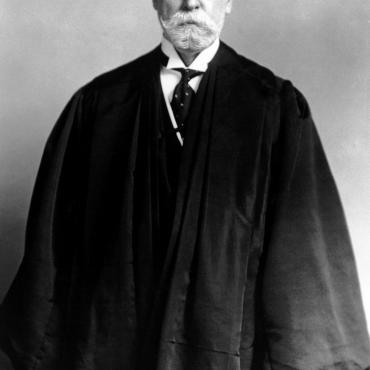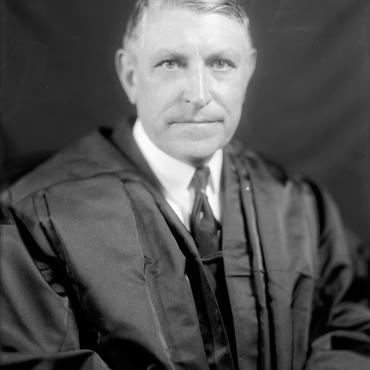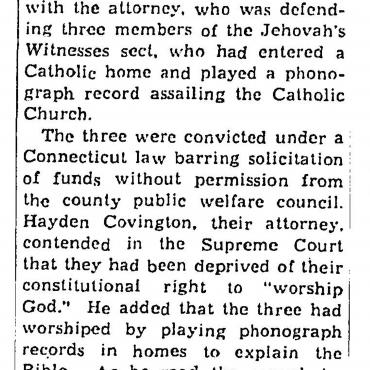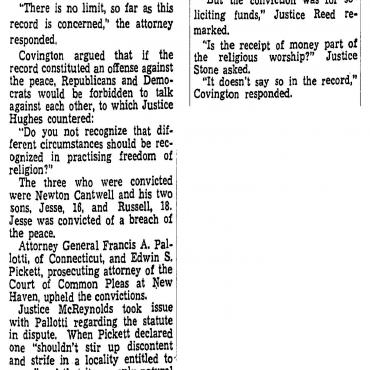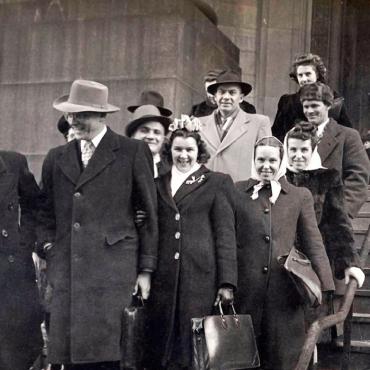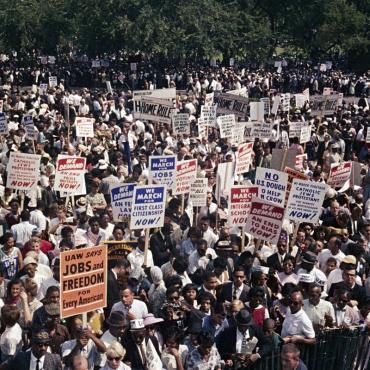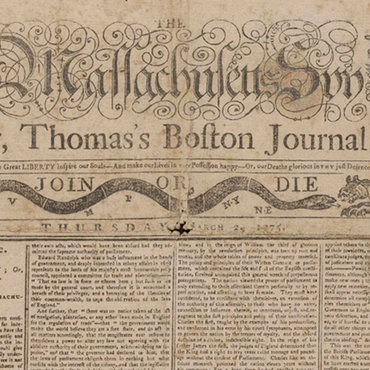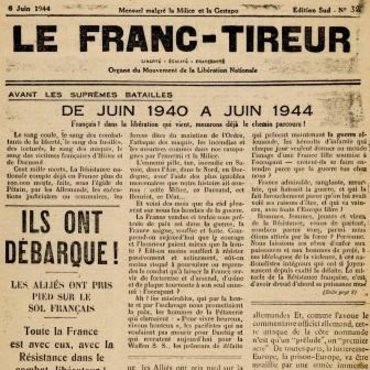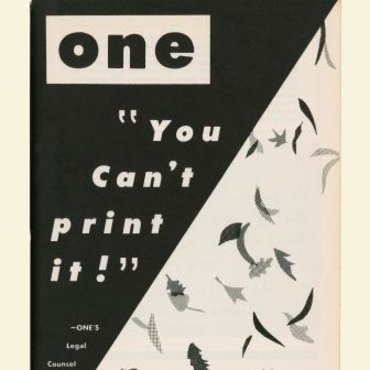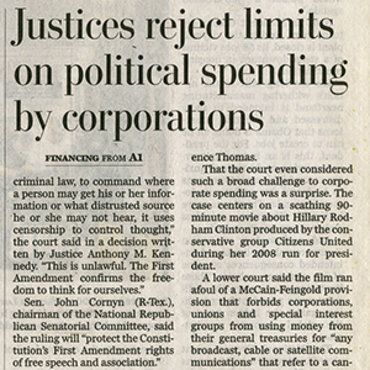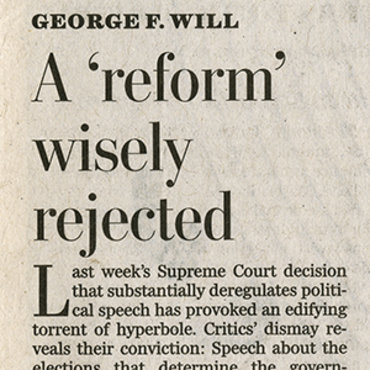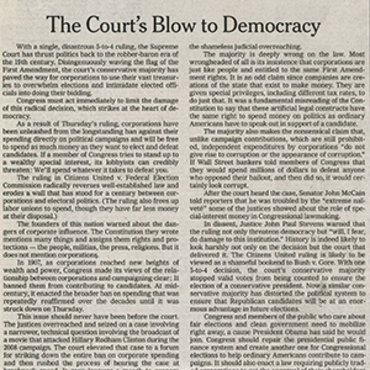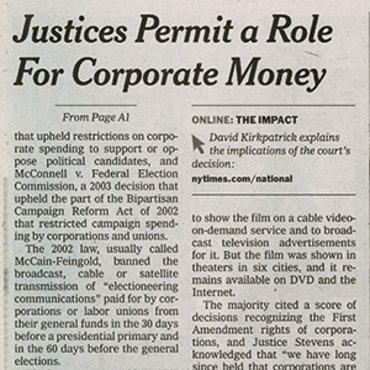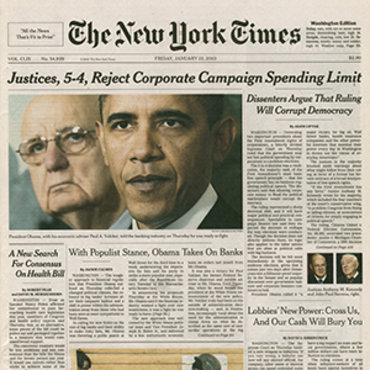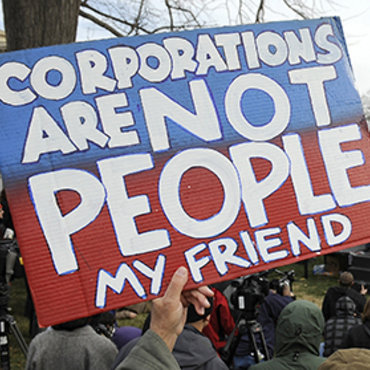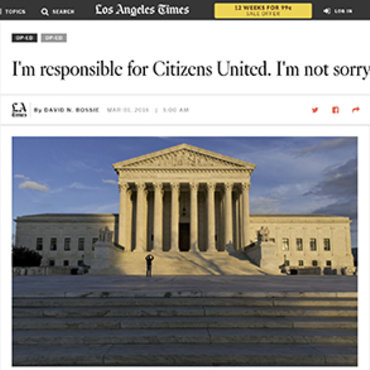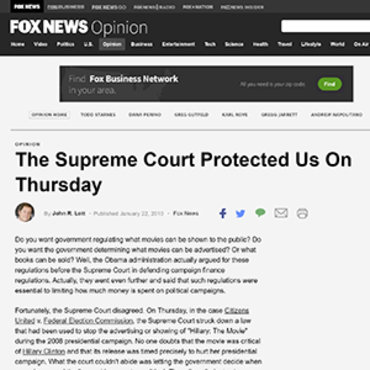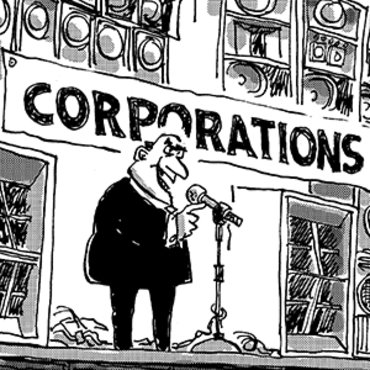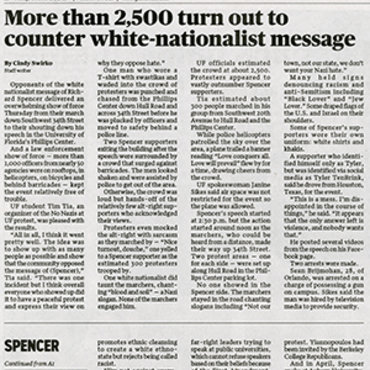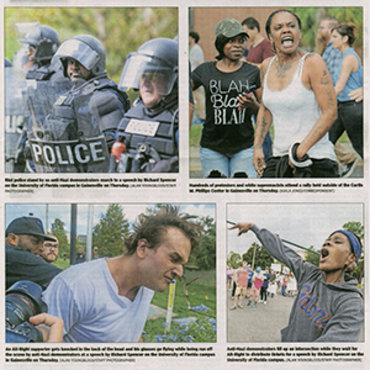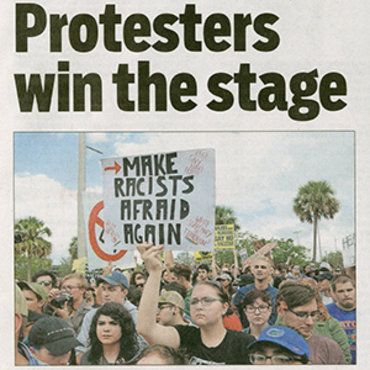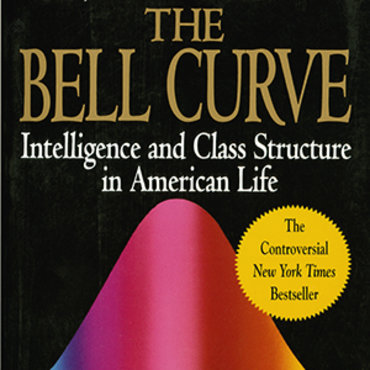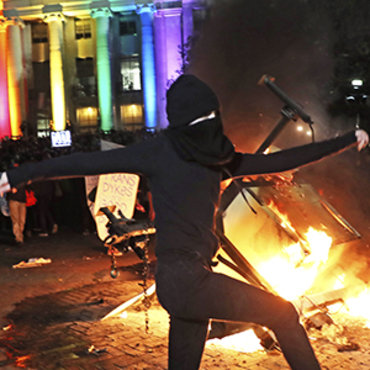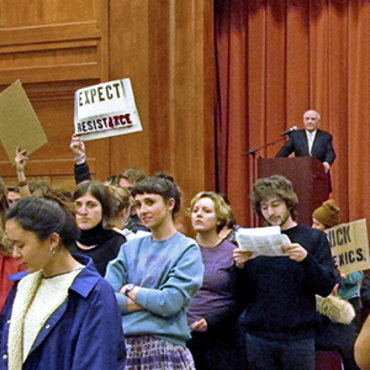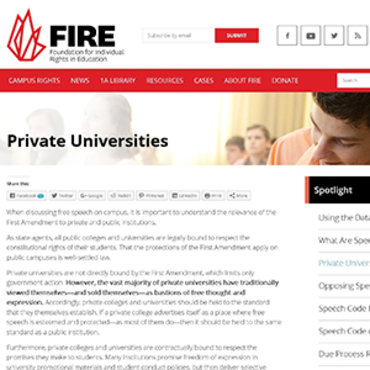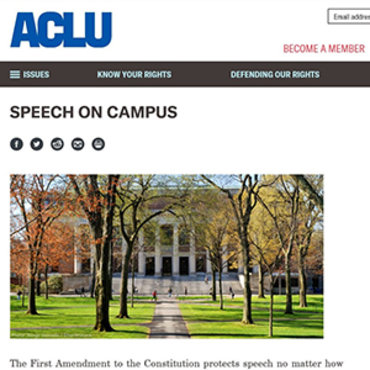1942: Protesting the Pledge
Should students in public schools be required to salute and pledge allegiance to the flag?
Get even more great free content!
This content contains copyrighted material that requires a free NewseumED account.
Registration is fast, easy, and comes with 100% free access to our vast collection of videos, artifacts, interactive content, and more.
NewseumED is provided as a free educational resource and contains copyrighted material. Registration is required for full access. Signing up is simple and free.
With a free NewseumED account, you can:
- Watch timely and informative videos
- Access expertly crafted lesson plans
- Download an array of classroom resources
- and much more!
This Critical Debate is part of a Debate Comparison:
See all Debate Comparisons- Constitution
- Protests
- Religious Liberty
- Supreme Court
- World War II
- 7-12
- College/University
Do your students know what they’re free to say online? At school? On a public street corner?
From censorship to cyberbullying, the First Amendment and the freedoms it protects are as hotly contested as ever. This case study is part of our EDCollection that explores 16 real free speech debates ranging from the founding of our nation to recent headlines to illustrate what free speech actually means, where it comes from, and how far it can go. It’s information everyone needs to voice their opinions and shape our society.
Using This EDCollection
This EDCollection is designed to meet the needs of a wide range of circumstances and curricula. Whether you’re a social studies teacher looking for a complete unit or an English teacher looking to spend a single class period on free expression, there’s something for everyone. This complete package will lead students to the outcomes below.
Build Fact-Based Arguments
The Free Speech Essentials curriculum aligns with state and national standards as it guides students to take a position, find evidence to support it, and make a compelling presentation to their peers. Potential evidence includes:
- Writings, images and video from 1787 to 2018
- Primary and secondary sources
Connect Past and Present
Six of the eight pairs of case studies in this EDCollection juxtapose real historical and contemporary debates on a key free expression question. These pairs allow students to explore the historical origins of a key question — and get context for tackling today’s hot-button issues. The other two pairs provide different perspectives on a contemporary issue. Topics include:
- Federalism and Facebook
- Presidents and the press
- Censorship and cyberbullying
Keep Calm (and Debate On)
Our case studies are structured to help students experience the passion of the real players, while still practicing productive debate. We provide everything you need to prepare and fully support your students as they engage in civil discourse and debates:
- Overviews of the outcomes
- Clear scenarios and suggested positions
- Suggested discussion prompts.
Today’s social and political landscape can sometimes make free speech and First Amendment controversies seem too explosive for classroom exploration. We’ve created Free Speech Essentials to give you the tools you need to start tackling these vital topics with confidence and create enriching experiences for your students.
— The NewseumED Team
THE CASE
You are the principal of a school in Charleston, W.Va. Your school district requires all students each morning to recite the Pledge of Allegiance while standing and extending an open arm to the United States flag. The district feels this practice encourages patriotism and good citizenship.
Two of your students — sisters — have objected to this policy. As Jehovah’s Witnesses, these students say it is against their religion to honor objects, idols or earthly governments. Their father has instructed them not to perform the salute or pledge.
When they first refused to participate, you sent them home for their behavior. But now they are refusing to participate day after day. Because they don’t want to be marked truant or tardy, they arrive in time for the pledge but remain seated during it. Each time, you’ve sent them home.
Their behavior is becoming a distraction, and now the girls’ family is threatening to sue the school district for violating their freedom of religion and speech, which are protected by the First Amendment.
Should you push the school district to change its policy and allow students to sit out this ritual?
-
 ?
?Gathie and Marie Barnett were at the center of a legal battle over whether public schools could force students to salute and pledge allegiance to the flag.
Courtesy Gathie and Marie Barnett1. Yes. Schools can keep the salute and pledge, but participation should not be mandatory.
The school district should not force individuals to do things that go against their religious beliefs. Schools should compromise to protect individual beliefs and expression.
-
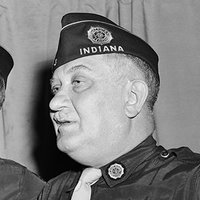 ?
?Ralph B. Gregg represented the American Legion, a military veterans' association that believed participation in the Pledge of Allegiance in public schools should be mandatory.
Bettmann/Getty Images2. No. Allowing some students to not participate in the salute and pledge will do harm to your school community.
The pledge is not a religious practice; it is a demonstration of good citizenship and a show of national unity. Students' individual rights must be flexible to work with school policies that are made for the greater good.
- Should protecting First Amendment freedom of speech and religion be more important than protecting school rules or practices?
- Do you agree with the family’s claims that such a requirement violates their freedom of religion? What about their freedom of speech?
- As a principal, do you think saluting the flag and pledging allegiance are important in teaching civics and/or history? Does it help establish school unity?
- Is there a difference between distractive behavior and disruptive behavior? Does it matter in this case?
- Can you think of ways that might respect the family’s wishes and still maintain decorum in the classroom? What about making the students stand but not salute? Or having them wait outside the classroom door?


